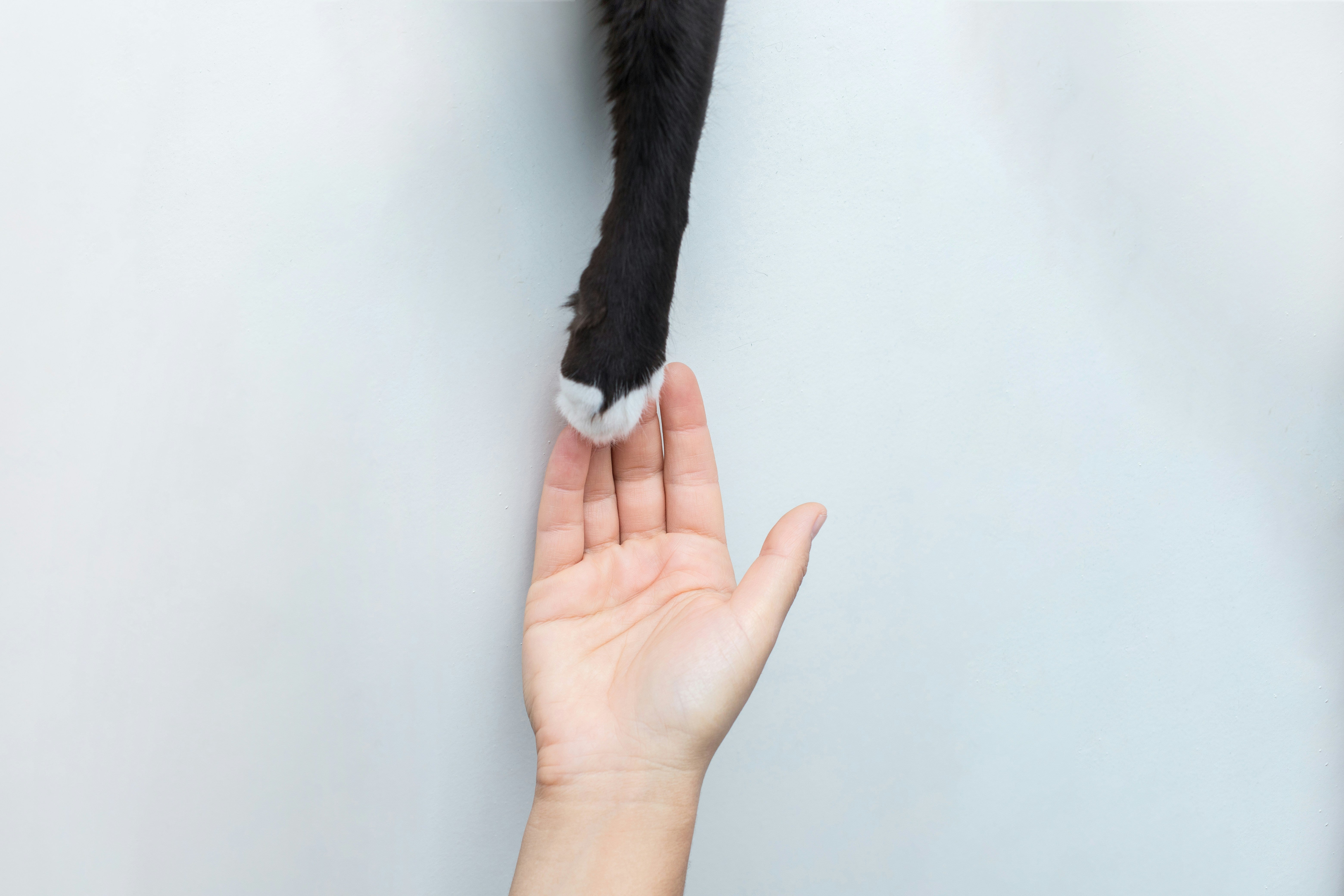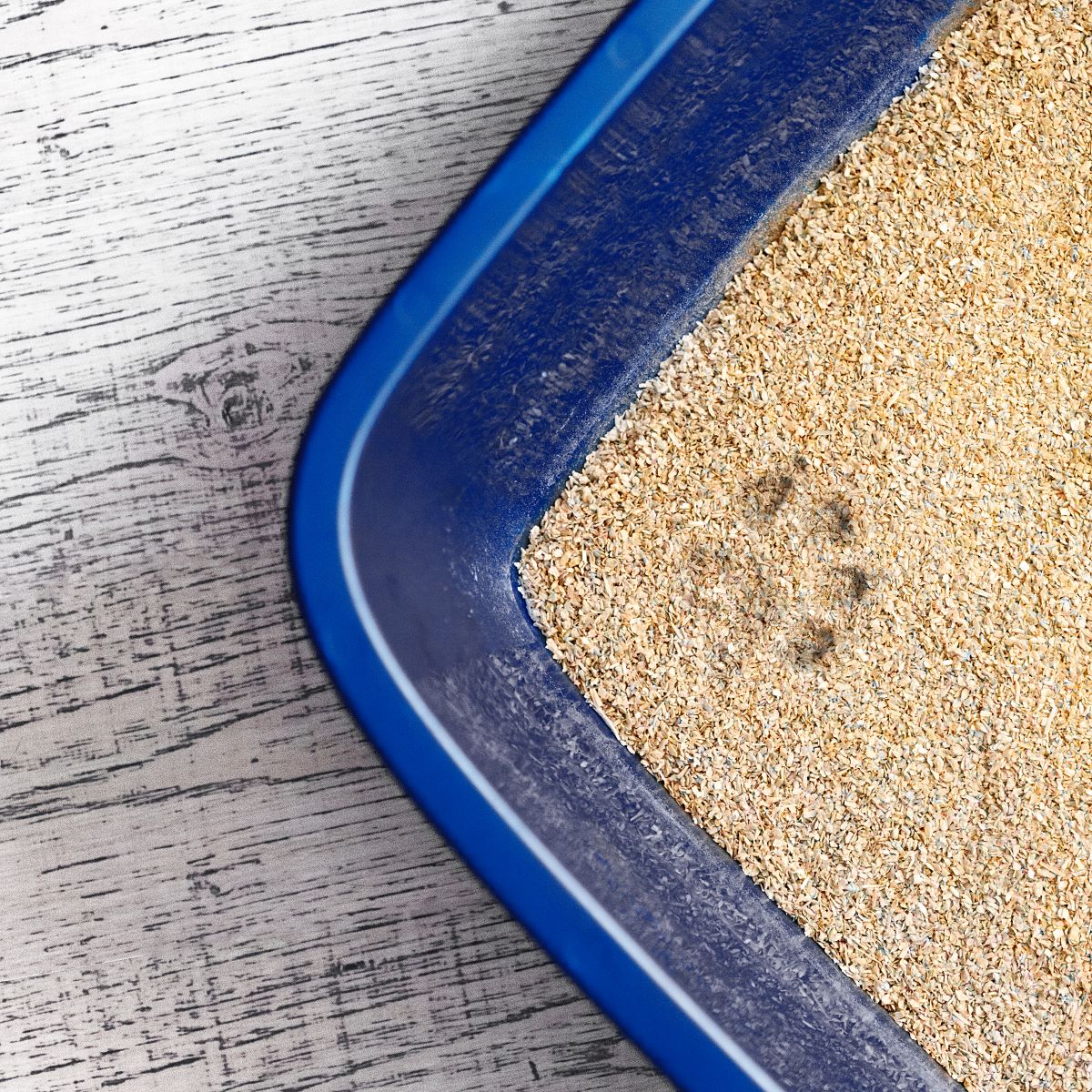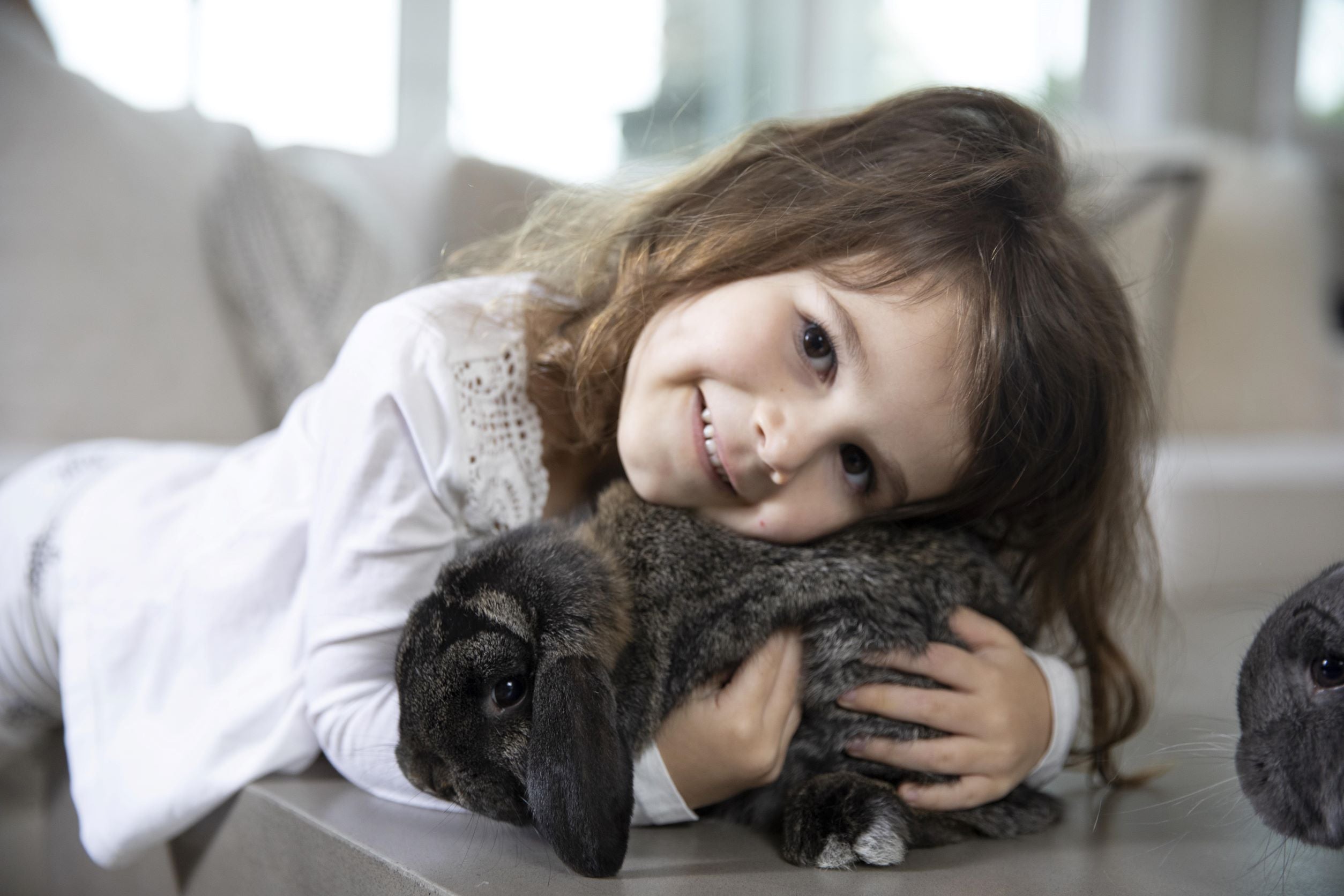
Is Your Pet Good for Your Mental Health? Here’s What Science Says
Photo by Luku Muffin on Unsplash
Having an animal in your home provides more than just companionship; pets are often our emotional anchors as well. Maybe it’s a wagging tail that welcomes you through the door after a long day at work, or perhaps it’s a calming purr that helps you drift off to sleep. When you think about it, there are countless ways we interact with our pets daily that benefit our well-being.
While we know in our hearts that our companion animals are good for our mental health, what does science say? In this article, we’ll look at the facts and explore the research behind the human/animal bond. We’ll also provide tips to help you create a happier and healthier life for yourself and the animals you share your home with.
The Role of Pets in Mental Health Support
For many people, companion animals take on a more official role. Emotional support animals (ESAs) are formally recognized as essential for your mental wellbeing. For your pet to obtain ESA status, you’ll need to register them with an emotional support animal company. Doing so can provide certain benefits and privileges. For example, you could get access to housing that doesn't typically allow pets.
Reduced Stress and Anxiety
Research shows that interacting with our animal companions can lower cortisol levels. Cortisol is the hormone associated with stress, and too much can lead to symptoms like weight gain, acne, and sickness. Luckily, something as simple as petting a dog for 10 minutes can significantly impact your cortisol levels, bringing this stress marker right down.
However, stroking an animal also affects another biological chemical: oxytocin. Also known as the “love” hormone, oxytocin is released when you hug someone. A mother’s body is flooded with it when she embraces her child, and it flows through you when your skin is stroked. It’s a natural feel-good chemical, and when you cuddle your pet, your body also releases it into your bloodstream, instantly making you feel relaxed.
Practical tip:
- Next time you’re feeling stressed, practice mindfully stroking your pet for ten minutes.
-
If your companion animal has a furry coat, use a hand-held or glove brush to make the experience even more enjoyable for both of you.
Encouraging Physical Activity
It’s common knowledge that exercise makes us feel good by releasing endorphins, our body’s natural mood boosters. Regular exercise also contributes to better physical health, helping us live a longer and better quality of life.
While it can be tough to find motivation to get off the couch and on the treadmill, having a pet takes the indecisive element away. Dogs need walks every day, and even indoor pets like cats or rabbits require playtime. These activities get us moving, helping us to stay physically active while spending valuable time with our non-human pals.
Practical tips:
- Consistency is key: Make exercise part of your daily routine by scheduling walks or playtime with your pet.
-
Make it fun; toys, games, or even agility equipment can introduce exciting new elements to playtime. If you’re short on money, DIY toys are easy to make and don’t cost a dime.
Combatting Loneliness
The unconditional love and companionship animals provide can reduce feelings of loneliness. This is especially true for people living alone, elderly people, or those experiencing big life changes. An animal’s constant presence makes them excellent support systems.
Practical tips:
- It might feel silly if you’re not used to it, but talk out loud to your pet. This provides an emotional outlet for you and also helps strengthen your bond as animals recognise voices.
-
Involve them in your daily life, whether it’s calling them to sit on your lap while you watch TV or taking proactive steps to include them in more activities.
Promoting Social Interaction
Having a pet instantly means you have things in common with tens or even hundreds of millions of other people. You could join a local group of passionate pet owners, look for meet ups in your neighbourhood, or connect with others in online communities. Either way, having a pet presents an opportunity to meet like minded-people.
Practical tips:
- Walking your dog is a great way to meet new people; a smile and a “hello” can be enough to spark a connection with a fellow dog walker.
- Take your four-legged friend to dog parks and training classes to meet other dog parents.
-
Your pet can be a natural icebreaker, so use them don’t be afraid to use them to start conversations.
Routine and Responsibility
Caring for a pet introduces structure to your day, which is often an integral part of overcoming mental health challenges. Structure is about familiarity, which gives us a sense of comfort and control and helps us feel more grounded in our daily lives. Activities like feeding, grooming, exercising, and playing with your companion animal not only foster calmness, but also lead to feelings of purpose, accomplishment, and safety in routine.
Practical tips:
- Use a schedule to stay organized and mix up your activities. For instance, you could try out different dog walking routes or plan ahead for group activities.
-
Build confidence by setting small goals, like teaching a new trick or walking a certain distance each week.
Mindfulness
Animals are masters of mindfulness, truly living in the moment. Spending time with your pet can encourage you to do the same. Whether it’s watching your cat bask in the sun or observing your dog’s excitement over a game of fetch, their joy can remind you to appreciate the little things in life, too.
Practical tips:
- Practice gratitude by taking a moment to reflect on how your pet enriches your life.
- For at least a few minutes a day, try to channel your pet’s ability to focus solely on the here and now.
Endnote
Our pets have a massive impact on our health and happiness in a myriad of ways. From reducing stress and loneliness to encouraging us to stay fit and organized, it’s undeniable: pets are natural healers in our lives. The care and love we give them is returned, tenfold.











 email us
email us